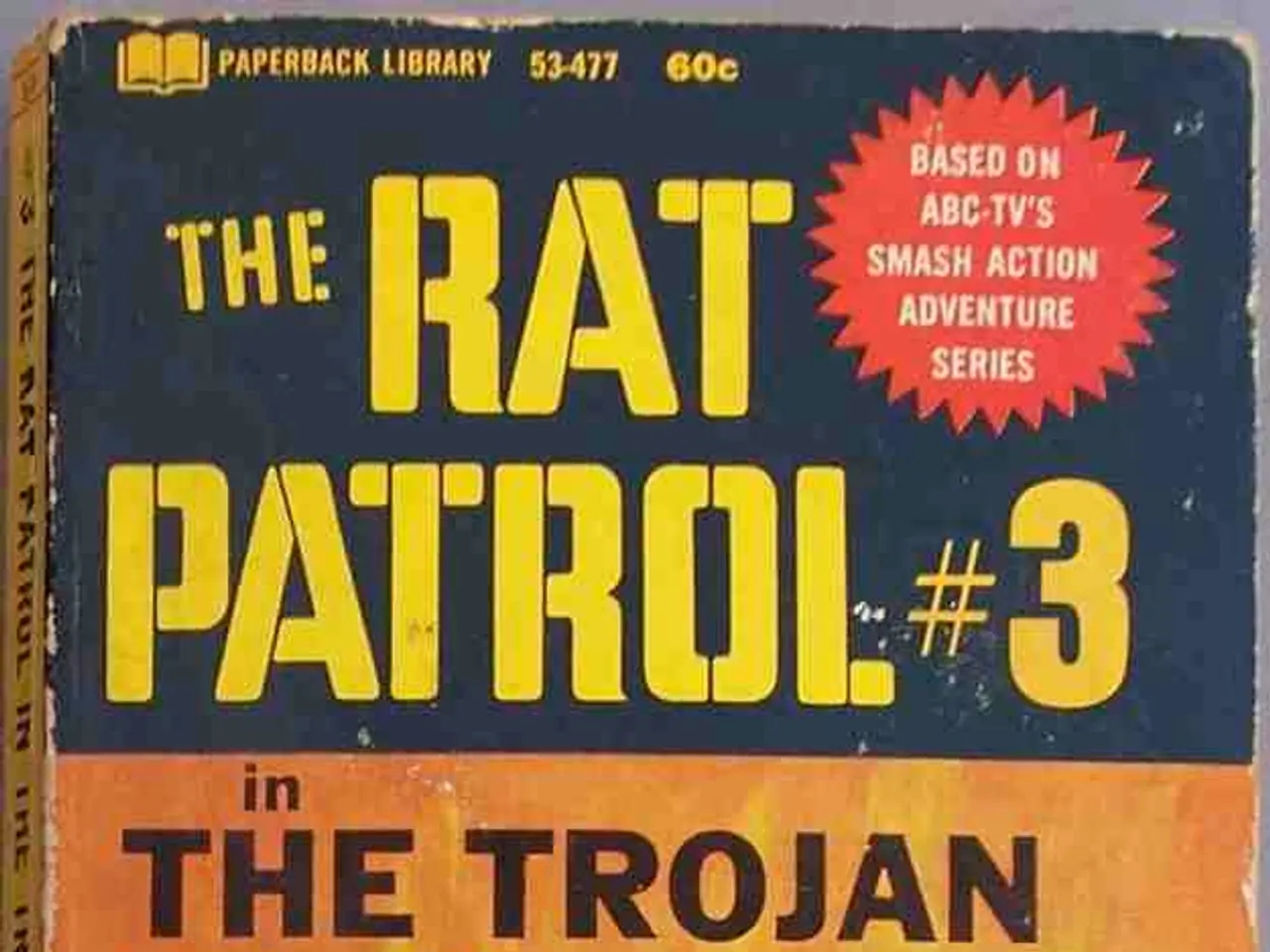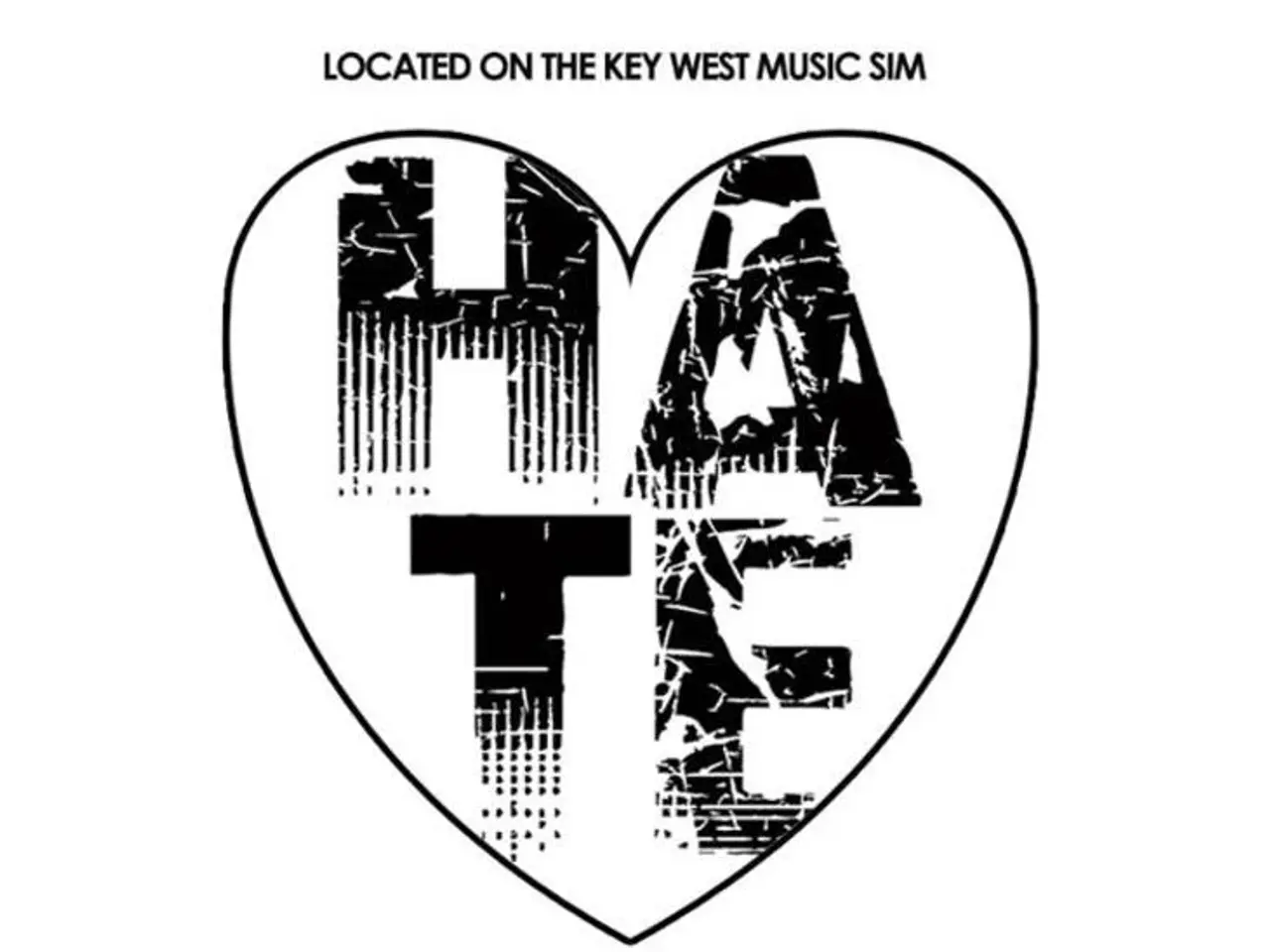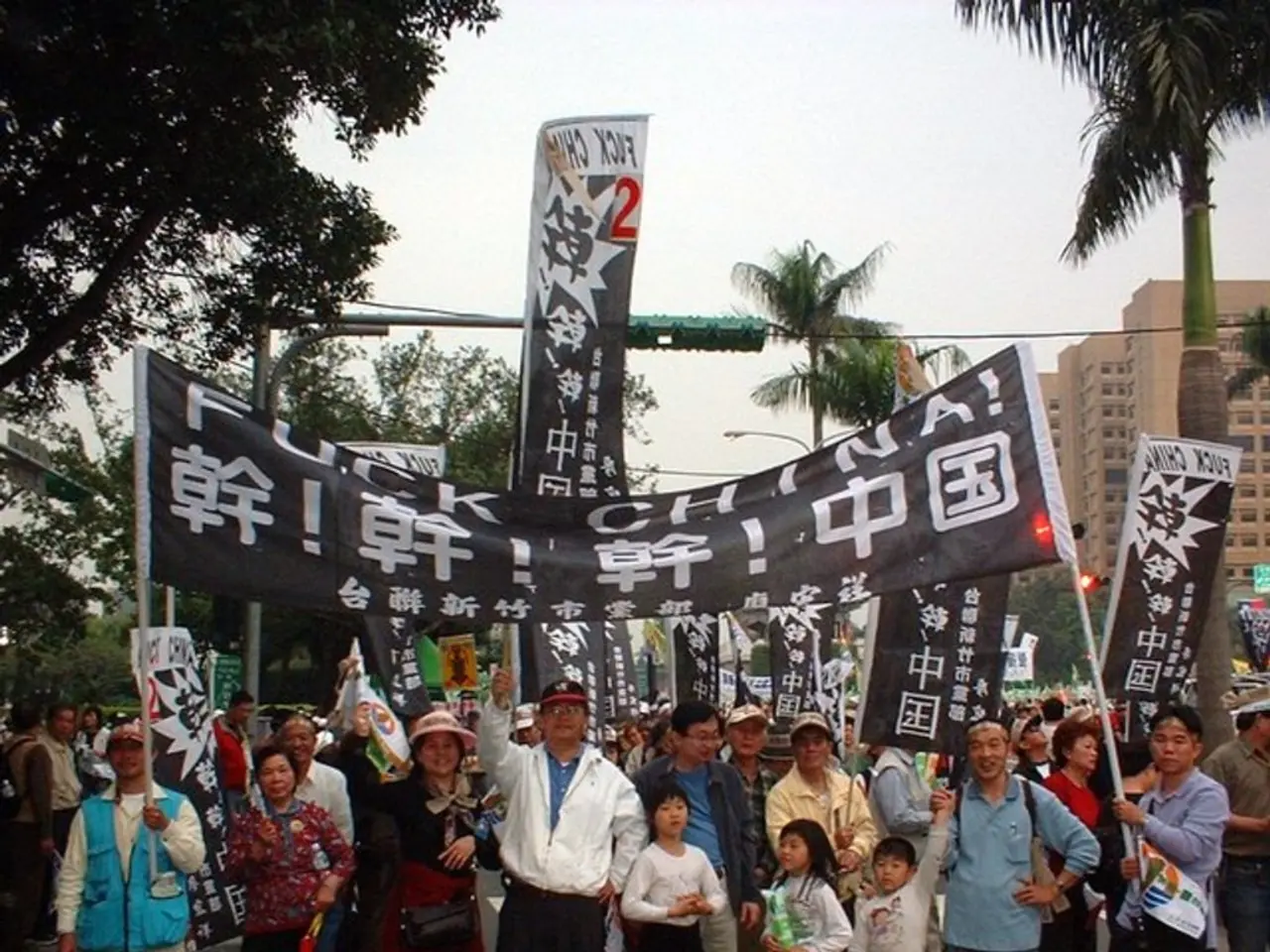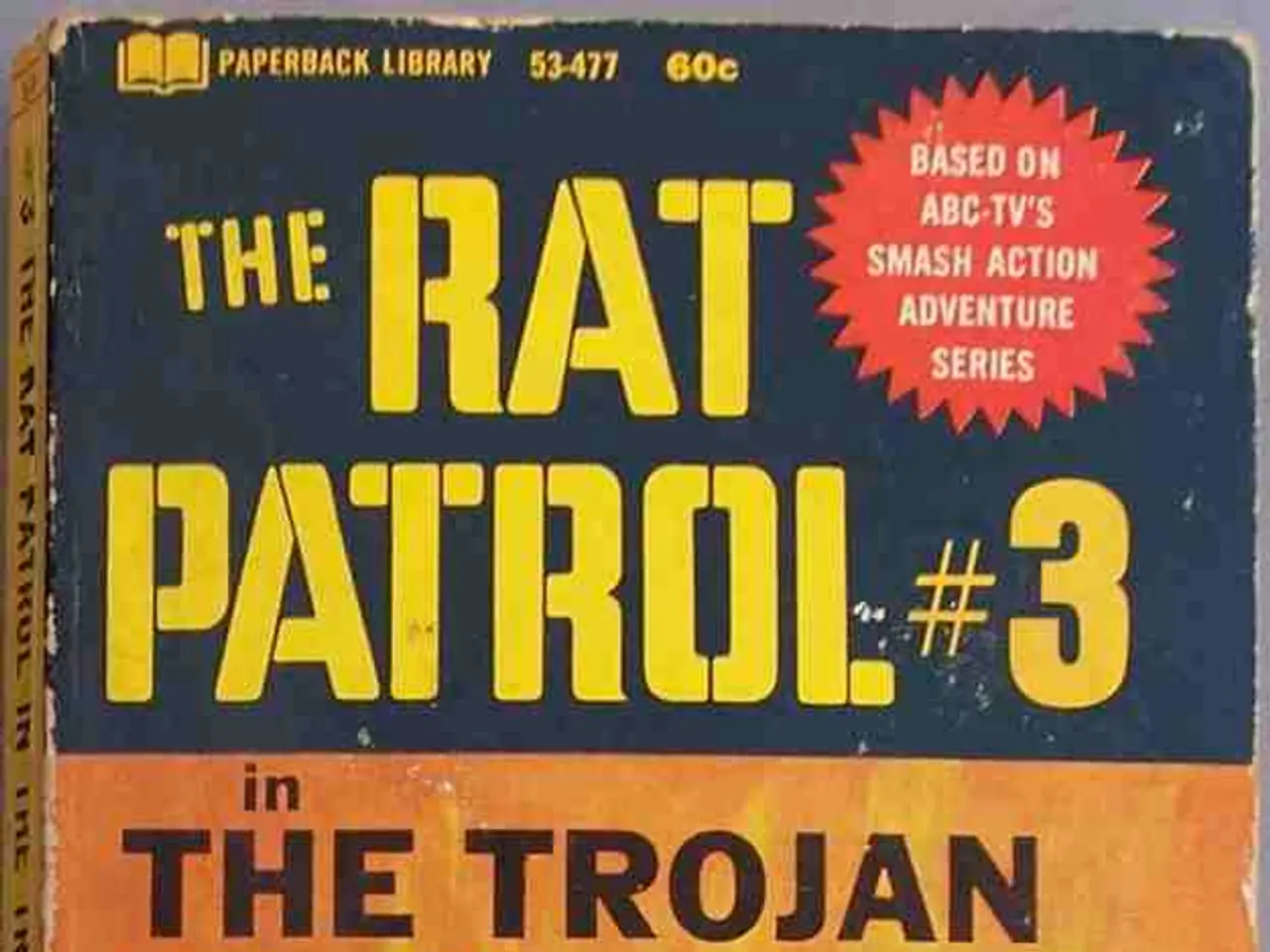TEL AVIV's CALM AFTER THE STORM
Israel vows to take robust action against Iran for breaching ceasefire agreement
Hot on the heels of 12 days of relentless conflict, Israel and Iran finally called a truce. In a bold move, U.S. President Donald Trump claimed the victory, announcing the war was over and asserting that Israel had achieved all its objectives.
After Trump's declaration, the dust began to settle in Israel, with Israeli emergency services and security officers scrambling to find casualties in the rubble of buildings hit by Iranian missiles. The political climate remained tense, however, as both nations danced around the ceasefire's terms.
In stark contrast to the previous chaos, Trump announced on his Truth Social platform, "THE CEASEFIRE IS NOW IN EFFECT. PLEASE DO NOT VIOLATE IT!"
Prime Minister Benjamin Netanyahu convened the cabinet to announce that Israel had succeeded in neutralizing an immediate threat: nuclear and ballistic. Despite the truce, the army warned of a lingering danger, with the Israeli government vowing to "respond forcefully to any violation of the ceasefire."
Iran, too, remained on high alert, ready to retaliate against any provocations. Claiming a "divine gift," the Supreme National Security Council boasted that their actions against Israel led to "victory and triumph that compelled the enemy to regret, accept defeat, and unilaterally halt its aggression."
The truce's formulation was quite unique, with a phased 24-hour process implemented. Iran was to unilaterally halt all operations first, followed by Israel 12 hours later.
The war between these long-time adversaries had inflicted heavy casualties and damage to military and nuclear infrastructures on both sides. The conflict resulted in more than 400 deaths in Iran and over 3,000 injuries in Israel, according to official figures.
Post-war, tensions remained high, with Iran intensifying its internal crackdowns in an attempt to maintain control following the strain of the 12-day conflict.
World leaders, frantic about a potential escalation of violence, welcomed the truce with open arms. However, the damaged regional stability highlighted the precarious state of the Middle East, leaving unresolved tensions between Israel and Iran.
The summer of 2025 would continue to be a complicated and tumultuous season for the two nations, as the shadows of war lingered and the threat of future clashes never seemed far from sight.
- As the truce between Israel and Iran was a unique development, it became a hot topic in the realm of politics and general news, sparking discussions about the future of war-and-conflicts in the Middle East.
- Despite the war-and-conflicts having resulted in a fragile peace, both Israel and Iran continued to maintain high levels of military readiness, indicating that the threat of future clashes remains a significant aspect of their politics.





